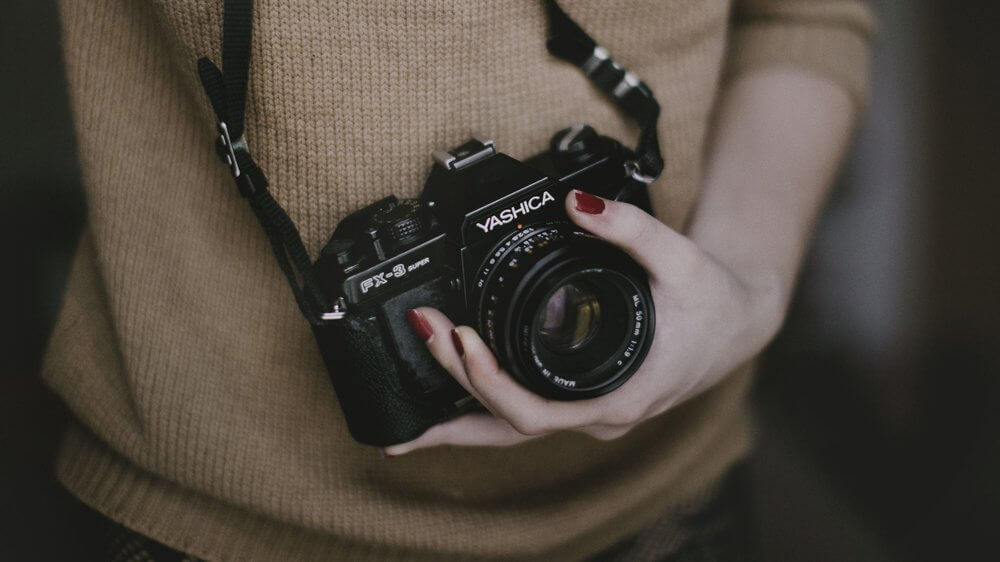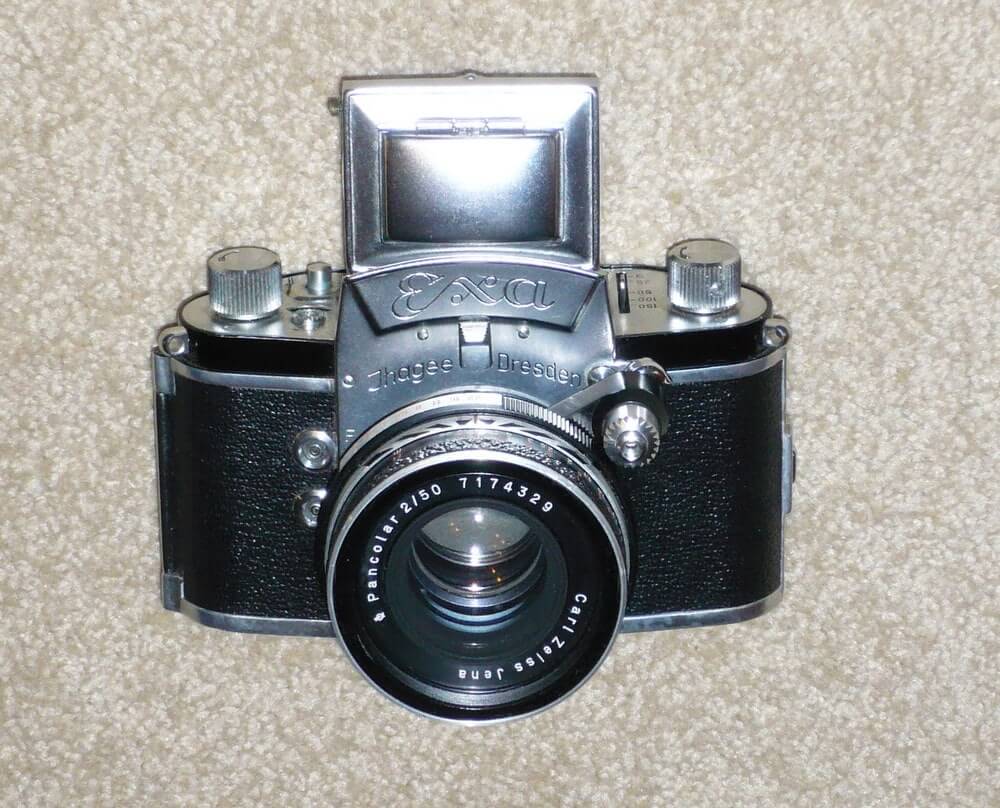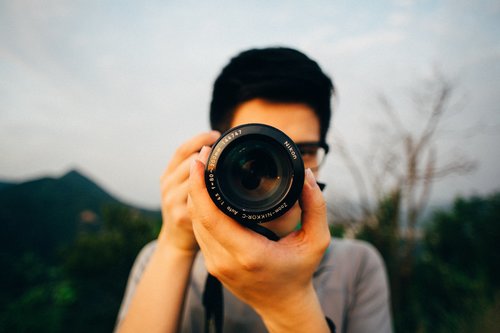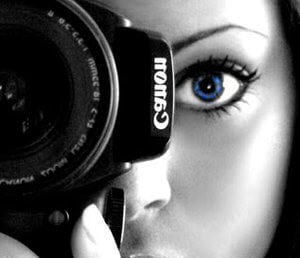Freelance Digital Photography as a Profession
Today, the digital world is becoming more influential and accessible than ever. It’s no longer large companies that rely on graphic designers and digital photographers to market their business. Smaller businesses are able to take advantage of this imperative field, as more and more people are realizing the opportunities of design.

While the opportunities are seemingly endless in the lucrative field of design, it’s not a simple trade to learn. Photography is one of the most abused forms of art there is. You’ll need more than a camera and entrepreneurial spirit to make a profit from photography.
Here are a few tips to make sure you start your new hobby, or future business, off right:
Invest in a good camera
No matter how great your eye for composition is, your photos are not going to be marketable if they aren’t good quality. As a freelance photographer, you’ll want to invest in a single lens reflex camera (SLR). These cameras will allow you the most control over your photographs and will produce the best results.
Research different brands for several months before you buy. If your photography is going to be less of a hobby and more of a job, you’ll want to look at cameras that are 8MB or higher. These will allow for the best printed results, as well as beautiful digital files.

When you purchase your camera, read the manual thoroughly
It is long, and somewhat dry, but you’ll learn about a lot of features your camera has that you probably wouldn’t have found on your own. The more you know about your camera, the more you will be able to do with it, and that means you’ll have more control over your photographs. After reading the manual, be sure to play with your camera.
Try using the different features so you can really begin to comprehend what they do, and how they affect your images.
Take the time to educate yourself
If you’ve put the money into buying a camera, don’t waste your time trying to teach yourself how to use it. Go to the library and pick up some digital photography books. They’ll explain how your camera works, and how to use its features. Total Digital Photography by Chris George is a good book to start with. It would also be a good idea to take a few classes.
Among other things, these resources will explain in detail how to adjust aperture settings and shutter speeds to achieve proper exposure, as well as teaching you how to fine tune the many other adjustments your camera has to create the most effective images.
In the digital world, photography has grown into a vast field of opportunity. As a digital photographer, you now have more control over the outcome of your photos than ever before. There are numerous editing programs that allow you to correct and manipulate your photos in any way you can imagine.
The most popular and widely used of these programs is Adobe Photoshop. It’s currently being used by the world’s top designers, and up-and-coming graphic design students. While older versions of Photoshop will provide sufficient results, serious photographers should try to stay within two versions of every update. The farther behind you are, the less you will be able to keep up with competition.
Finally, as you learn to use your camera and edit your digital images, you’ll want to focus on creating a portfolio. Save the work you produce from your classes, or from those impromptu photo shoots that happen from time to time.
You’ll want as diverse photographs as you can manage. Having a particular style is great, but the more variety you have in your portfolio, the more potential buyers you will attract. Having a printed version of your portfolio is definitely a good idea. Make sure you look in to several print shops around town.
Compare their prices and their results. Your portfolio is your photography resume, so you want it to look presentable, without spending a fortune. Set up an online portfolio as well. This will allow millions of people to access your photos.
It’s a great way for you to monitor which photos are popular, and which aren’t such hits. You can purchase your own domain, or use sites such as Deviantart, Flickr or even sites like Facebook and Tumblr.
You’ll find that as you settle into your niche, selling prints and booking studio shoots will be no problem at all. Remember to keep up with camera maintenance, and treat your photography as your own personal business. Utilize your customer service skills and keep up with latest in photography technology. You will always be in the process of learning.
2Bridges Productions Copyright © 2017. Address: 25 Monroe St, New York, NY 10002. Phone: 516-659-7074 – All Rights Reserved.
We are a participant in the Amazon Services LLC Associates Program, an affiliate advertising program designed to provide a means for us to earn fees by linking to Amazon.com and affiliated sites.






